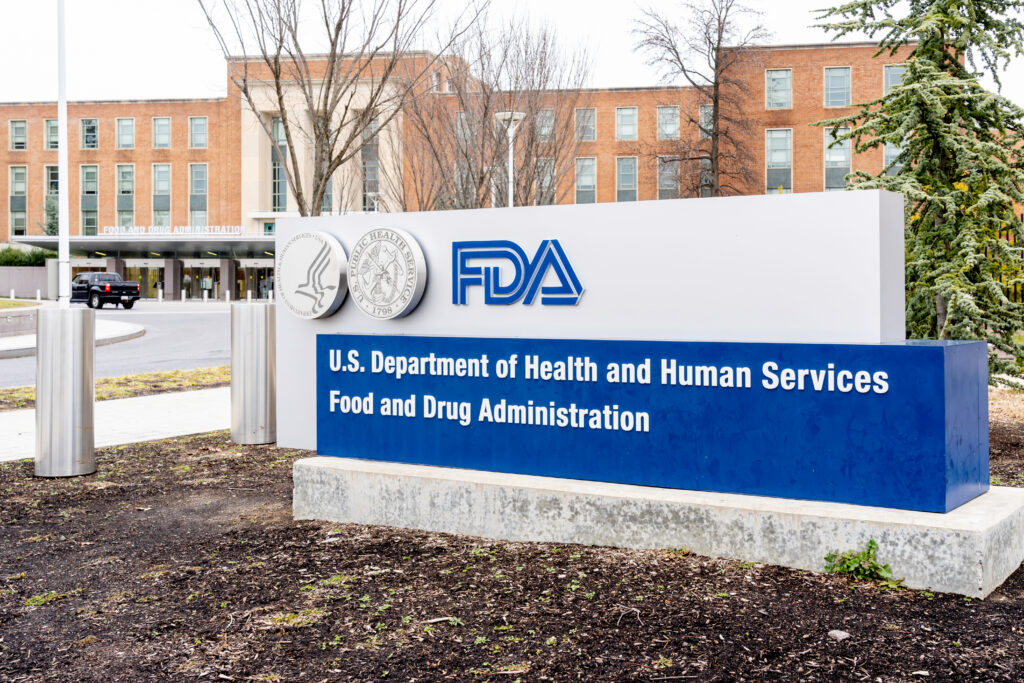The US Food and Drug Administration (FDA) granted approval to Autolus Therapeutics’ Aucatzyl (obecabtagene autoleucel), a CD19-directed autologous T cell immunotherapy, for adults with relapsed or refractory B-cell precursor acute lymphoblastic leukemia (r/r B-ALL).
ALL is a fast-growing cancer of the white blood cells (lymphocytes) that usually starts in the bone marrow and can quickly spread to other parts of the body, such as the blood, lymph nodes, liver, spleen and central nervous system.
Aucatzyl will be entering the ALL CD-19 CAR T-cell therapy arena currently dominated by Gilead’s Tecartus and Novartis’ Kymriah. However, Aucatzyl may have an edge as it’s the only CAR T that doesn’t have a Risk Evaluation Mitigation Strategy (REMS) program required by the FDA.
Its prescribing information includes a boxed warning for cytokine release syndrome (CRS), immune effector cell-associated neurotoxicity syndrome (ICANS) and T-cell malignancies.
Aucatzyl’s FDA approval was based on results from the FELIX trial of obecabtagene autoleucel in adult patients at least 18 years of age with r/r B-ALL who had bone marrow blasts level of at least five percent.
Among efficacy evaluable patients treated with the drug, 63 percent achieved overall complete remission (OCR), while the major efficacy outcome of complete remission within three months was achieved in 42 percent of patients. The median duration of remission (DOR) was 14.1 months.
XTALKS WEBINAR: Apheresis in Cellular Therapies: Unlocking Quality for CAR T and Stem Cell Treatments
Live and On-Demand: Tuesday, December 17, 2024, at 11am EST (4pm GMT/UK)
Register for this free webinar to learn about the role of apheresis in sourcing high-quality starting materials for cellular therapies like CAR T-cell treatments and stem cell transplants.
Low levels of CRS, with three percent Grade 3 events, and no Grade 4 or 5 events, were seen in patients treated with the therapy. Grade ≥ 3 ICANS was reported in seven percent of patients.
Analysis at William Blair noted that the “more tolerable” safety profile of Aucatzyl stands to make it preferable for ALL patients, which would lead it to grab majority market share.
In a press release, Elias Jabbour, MD, United States lead investigator of the FELIX study and professor of leukemia and ALL section chief at The University of Texas MD Anderson Cancer Center in Houston, stated, “Adult ALL is an extremely aggressive cancer, and there is a high unmet medical need that exists in the treatment of patients with this disease once they relapse, where historically they suffer from poor outcomes.”
“This milestone approval, based on the demonstrated clinical benefit of [obecabtagene autoleucel], brings new hope for adult patients with relapsed/refractory [B-cell] ALL.”
In addition, Autolus said topline data presented at the 2023 ASCO Annual Meeting showed evaluable patients achieved an overall response rate of 76 percent while the complete remission (CR) and complete remission with incomplete hematologic recovery (CRi) rates were 54.3 percent and 21.3 percent, respectively. The median DOR was 14.1 months.
Related: FDA Raises Concerns Over Early Trial Deaths for CAR T-Cell Therapies Carvykti and Abecma
Aucatzyl will be priced at $525,000, a list price that “reflects the clinical evidence and benefit” of the treatment.
Gilead’s Tecartus is a bit cheaper at $460,000 and Novartis’ Kymriah has a list price of about $580,000 per treatment.
Obecabtagene autoleucel is recommended at a dose of 410 X 106 CD19 CAR-positive T cells administered as a split-dose infusion on Days 1 and 10 (±2 days), based on bone marrow blast assessment. Lymphodepleting chemotherapy with fludarabine and cyclophosphamide is given before the infusion of obecabtagene autoleucel.
Aucatzyl will be made at Autolus’ Nucleus, its dedicated commercial manufacturing site, located in Stevenage, UK. Autolus said the site was granted a Manufacturer’s Importation Authorization (MIA) and a Good Manufacturing Practices (GMP) certificate from the UK Medicines and Healthcare Products Regulatory Agency (MHRA) in March 2024. The site was also inspected as part of the FDA’s approval process, with no “critical” observations made by either agency during the site inspections.
As part of Autolus’ commercial US launch of the therapy, the company said it will engage with existing treatment centers for onboarding and beginning the first scheduling of patients.
In a conference call, chief operating officer Chris Van said Autolus’ pre-launch activities were done and the company will now conclude the final steps involved in onboarding treatment centers.
Autolus is set to authorize 30 treatment centers in the upcoming weeks, which are posited to cover 60 percent of the target population. Over the next 12 months, this will increase to 60 centers that can reach 90 percent of patients, Van said.
The Nucleus will deliver Autolus worldwide, with Cardinal Health serving as Autolus’ commercial distribution partner in the US.
Initial supply is critical in any CAR T-cell therapy rollout, and Autolus said it is confident in its supply chain, given that it was battle-tested under “the most difficult circumstances” during the FELIX study at the peak of the COVID-19 pandemic.
According to Van, the product delivery team at Nucleus is aiming for an initial delivery turnaround time of 16 days, with room to improve in the future.
Aucatzyl is currently under review at regulatory agencies in the European Union (EU) and the UK, which accepted the applications earlier this year.
If you want your company to be featured on Xtalks.com, please email [email protected].












Join or login to leave a comment
JOIN LOGIN